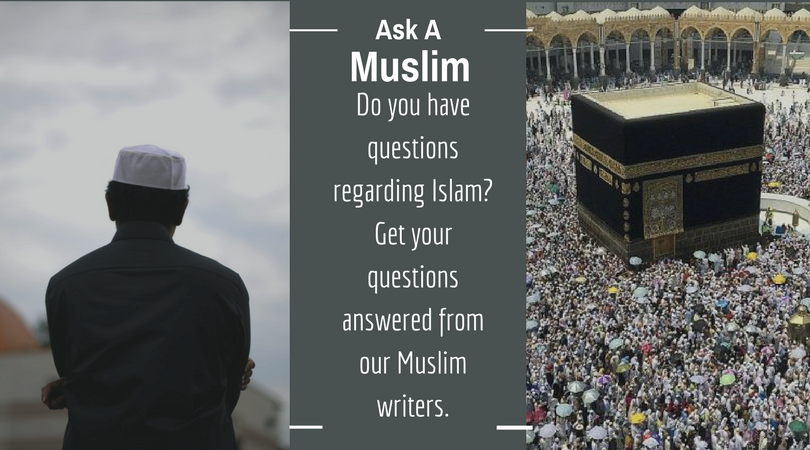What do you want to Ask a Muslim? Submit your questions online or fill out the form below.
Can Muslims invite friends over and not wear their hijab?
Muslim women wear hijabs to guard their modesty. Wearing a hijab is more than clothing and includes one’s behavior, moral conduct, attitude and intention. In Islam, modesty is to be practiced by both men and women.
However, not all Muslim women wear a hijab.
For those women who do, the only exception of not wearing a hijab is in front of a “mahram.”
So, what is a mahram?
According to Oxford Islamic Studies online, mahram means “forbidden, inviolable, holy, sacred.” In addition, the word is, “traditionally used to refer to that part of the Bedouin tent, or bayt, reserved specifically for women, where cooking was done and provisions stored. The plural, maharim, is used to refer to a man’s close female relatives. In Islamic law, mahram connotes a state of consanguinity precluding marriage.”
In sum, it’s the female/male family member of a man/woman with whom marriage is not allowed and is considered “Haram” (Illegal). These relations include father, mother, grandfather, grandmother, great-grandfather, great-grandmother, brother, sister, son, daughter, grandson, granddaughter, great-grandson, great-granddaughter, uncle, aunt, great-uncle, great-aunt, nephew, niece, grandnephew, grandniece, great-grandnephew, great-grandniece, father-in-law, mother in-law, son-in-law, daughter in-law, stepfather, stepmother, stepson, stepdaughter and so on. Also if you and someone else are nursed by the same woman, say foster siblings, they also become mahrams of one another.
The purdah or concealment of the body, modesty and hijab is not obligatory in front of the above male/female family members. Thus if Muslim women, who do wear hijabs, invite friends over, they usually will not take off their hijabs unless they choose to take it off themselves.
Disclaimer: I am not a religious scholar. I tried to answer this question with the best of my knowledge and understanding of Islam as a Muslim.







